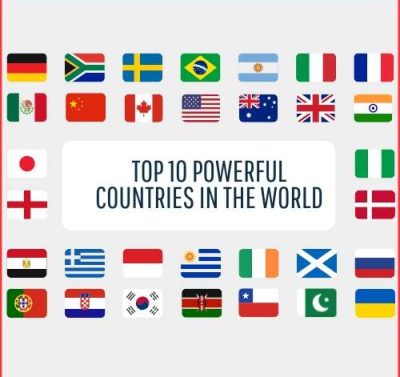RMI and RMI India have partnered with NITI Aayog to develop Shoonya. It is an effort to promote zero-pollution delivery trucks by engaging with customers and the industry.
The Shoonya Initiative
According to a press release, the government think tank, Niti Aayog, and the Rocky Mountain Institute (RMI), will begin working with consumers and businesses to promote zero-pollution delivery trucks.
Shoonya is a campaign aimed at increasing the use of electric vehicles (EVs) for urban deliveries. It aims at educating consumers about the environmental advantages of these cars.
The campaign
The campaign’s goal is to raise public awareness about the environmental advantages of zero-pollution delivery by promoting the use of electric vehicles (EVs) in metropolitan areas.
It was Kant who emphasized the campaign’s core goal: to make Shoonya a huge success by harnessing India’s booming private sector.
Corporate branding and certification programs are being established as part of the drive to recognize and promote businesses’ efforts to use electric vehicles for final-mile delivery. The campaign’s effect will be communicated via statistics such as the number of kilometers driven by electric cars, the amount of carbon dioxide saved, and the reduction in criteria pollutant emissions.
The support
Initial attendees of the campaign included Mahindra Electric and Tata Motors, as well as Zomato, Ashok Leyland, Big Basket, and Bluedart. The meeting was chaired by Niti Aayog CEO Amitabh Kant and was initially attended by close to 30 companies.
In the future, the project will extend an invitation to other industry participants.
10% of freight transportation-related CO2 emissions in India are accounted for by urban freight vehicles. These are predicted to expand by 114% between now and 2030.
E-commerce firms, fleet aggregators, OEMs, and logistics firms have increased their efforts to electrify last-mile deliveries. Amitabh Kant, the CEO of the National Institute of Industrial Technology (NITI Aayog), presided over the campaign’s kick-off meeting.
“We will promote awareness about health, environmental and economic benefits of electric vehicles through the Shoonya campaign. I am confident that our dynamic private sector will rise to the challenge of making Shoonya a great success,” said Amitabh Kant.
Conclusion
EVs have no tailpipe emissions, which may have a significant impact on the quality of the air. Even after including the cost of production, they produce 15-40% less CO2 and have lower operating costs than their internal combustion engine competitors. The federal and state governments have implemented regulations to cut the initial cost of EVs by a large proportion by providing incentives for them.
To ensure India’s future sustainability and resilience, the country must make the switch to cleaner modes of transportation. Indian urban delivery fleets can go fully electric on an expedited timetable because of competitive costs and accessible technology.















